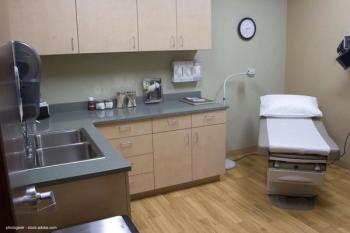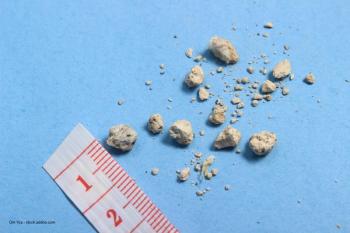
"One of the common issues we have noted for urology practices in updating ICD-10 codes is not the electronic medical record or practice management system failing to load new codes; rather, it is a failure to update templates," write Ray Painter, MD, and Mark Painter.











